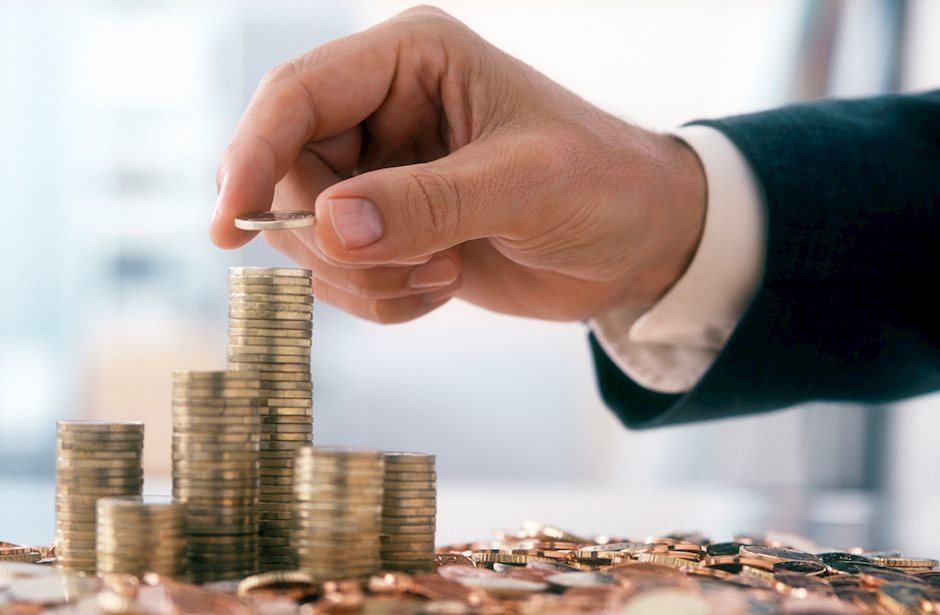EZ – GDP growth surprises positively in 4Q 2022

Eurozone GDP managed to deliver a positive surprise, with slight growth of +0.1% q/q in 4Q22. Growth dynamics at the country level were mixed. After strong growth in 3Q, Germany's economy contracted slightly, by 0.2% q/q in 4Q. In contrast, France and Spain recorded slight growth.
As the momentum of the Eurozone economy also exceeded our expectations in 4Q22, we are raising our growth forecast for 2023 as a whole slightly, from 0.5% to 0.6%. European energy prices have already been falling significantly for several weeks, which has steadily brightened business sentiment, especially in industry, since November. The end of the zero-covid policy in China has additionally strengthened sentiment, especially among export-oriented companies.
Against a backdrop in which the problems in the supply chains are also dissolving in the long term, inflationary pressure from supply-side restrictions should continue to ease in the coming months. This should support the consumer situation. In this environment, we believe that the ECB's interest rate hikes will come to an end in the course of the year. Thanks to these encouraging developments, we expect a sustained easing of the deep-seated crises that have weighed heavily on the economy in 2022. Thanks to these developments, we are also raising our GDP forecast for 2024 from the previous 0.7% to 1.2%, as we expect Eurozone growth to return to its potential.
US - Economy should weaken
In the US, too, the first estimate of GDP in the fourth quarter of 2022 was recently published. The growth rate turned out better than the market had expected. Even though this is only a first estimate, which will certainly be revised, the US economy has held up relatively well. The reason for this is private consumption, which accounts for almost 70% of total economic spending and is growing moderately but fairly steadily. Where high inflation and high interest rates have had a significant impact, however, is on investment. Spending on residential real estate fell sharply again in the fourth quarter, while business investment was more or less flat compared with the previous quarter.
Investment is unlikely to change much during the coming quarters. The sharp rise in interest rates will continue to have a negative impact. However, the decisive factor for the economy will be how long private consumption can continue to withstand the unfavorable environment relatively well. The reasons for its resilience were the savings accumulated during the crisis and the strong labor market. These obviously outweighed real income losses during the last few quarters. However, these supportive factors should weaken, although probably only slowly. There are already signs of weakening wage dynamics. It is difficult to assess the further potential for consumption of the savings accumulated during the crisis. In the economy as a whole, this buffer has probably not yet been exhausted. However, private households are under pressure. The savings rate has been as low in recent quarters as it was last in 2005, and it can be assumed that such a low savings rate means that some households are already reducing their savings. Declining real incomes for the time being suggest that even more households will have to draw on their savings or use them up. Overall, we expect lower growth in consumption and thus in the economy as a whole in the coming quarters.
Author

Erste Bank Research Team
Erste Bank
At Erste Group we greatly value transparency. Our Investor Relations team strives to provide comprehensive information with frequent updates to ensure that the details on these pages are always current.

















